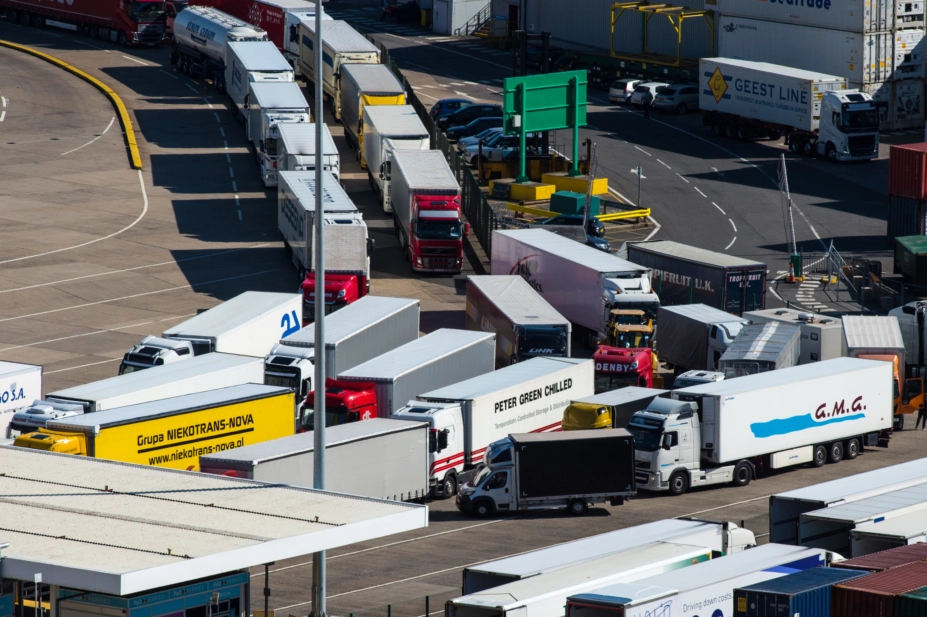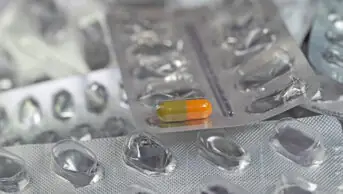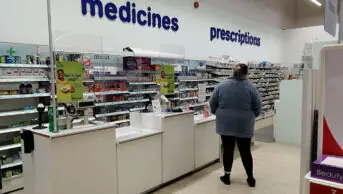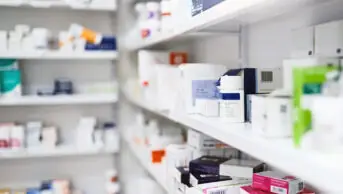
Shutterstock.com
The UK is “not fully prepared for the implications of a no-deal Brexit” despite ongoing government contingency plans, the Guild of Healthcare Pharmacists (GHP) has said.
The Pharmaceutical Journal asked the UK’s pharmacy bodies how confident they were in medicine-related no-deal Brexit preparations as, despite moves by opposition MPs and Conservative Party rebels to introduce legislation that would require the prime minister to ask the EU for a delay to Brexit, the government has said it intends that the UK will leave the EU on 31 October 2019 regardless of whether a deal is in place.
The GHP, which has not been party to Brexit discussions with government, said that leaving the EU without a deal would bring a “significant risk” of disruption to the supply of medicines and medical devices, adding that doing so also risks an “increase [in] the public spend on healthcare, for no additional patient benefit”.
The GHP has also noted that “a no-deal Brexit will create more paperwork due to new (and unpredictable) regulatory hurdles in relation to the importation of medicines”.
“This will, in turn, be sure to increase the costs to suppliers bringing products to the UK market and these will, inevitably, be passed on to the NHS,” it added.
Asked about reports that existing medicines shortages would worsen in the event of a no-dealBrexit, the GHP said this was “probably correct”.
The Pharmaceutical Services Negotiating Committee, which has taken part in Brexit talks with the government, was more confident in no-deal Brexit preparations. Simon Dukes, its chief executive, said: “The government had what was, in effect, a robust dress rehearsal for a no-deal Brexit at the start of [2019], and we are confident that they have learned lessons from that experience and are now even better prepared for a possible no-deal Brexit.”
Sandra Gidley, president of the Royal Pharmaceutical Society, said the government was looking “line by line” at ensuring there was sufficient stock in place. She added that the only problems that may develop lay with medicines that were already in short supply, and where the stock did not return to normal levels in advance of Brexit.
Mike Thompson, chief executive of the Association of the British Pharmaceutical Industry, said that its members are “increasing stocks, duplicating testing and planning for alternative routes where possible”.
“But some things are outside of their control,” he added. “We have always said that a deal is the best way to ensure uninterrupted medicines supply.”


